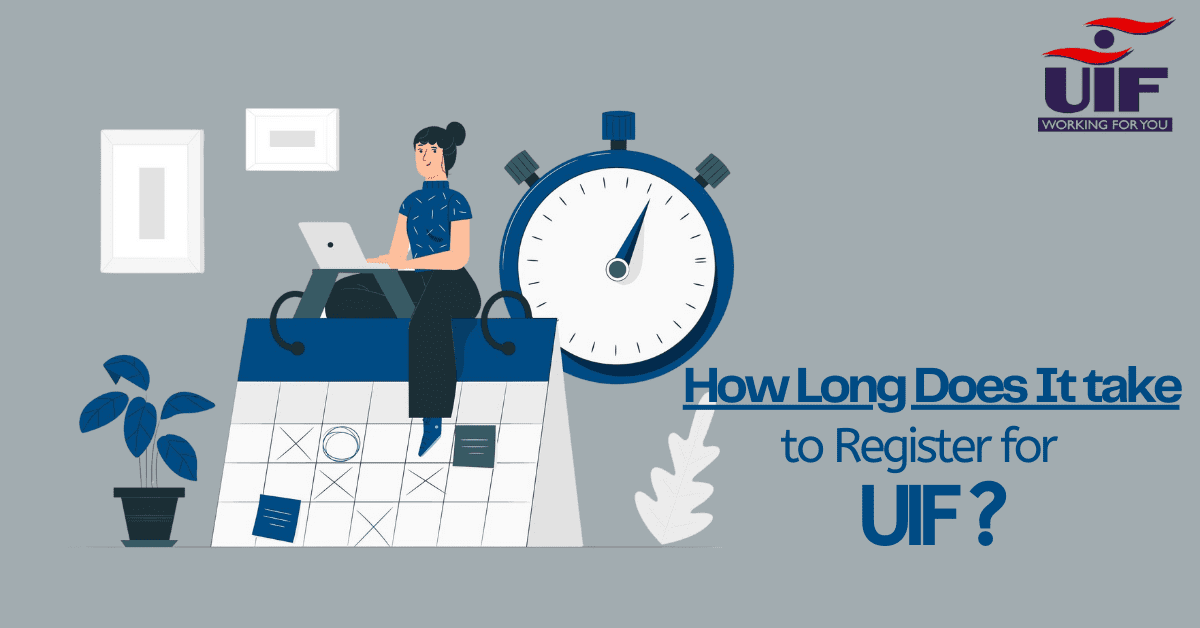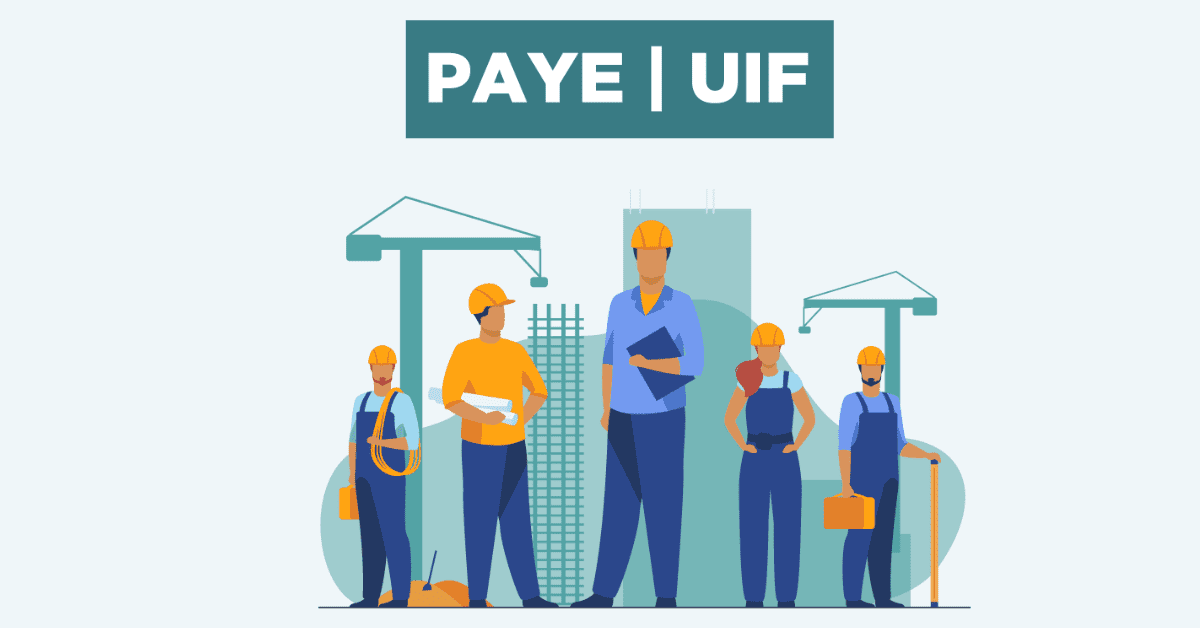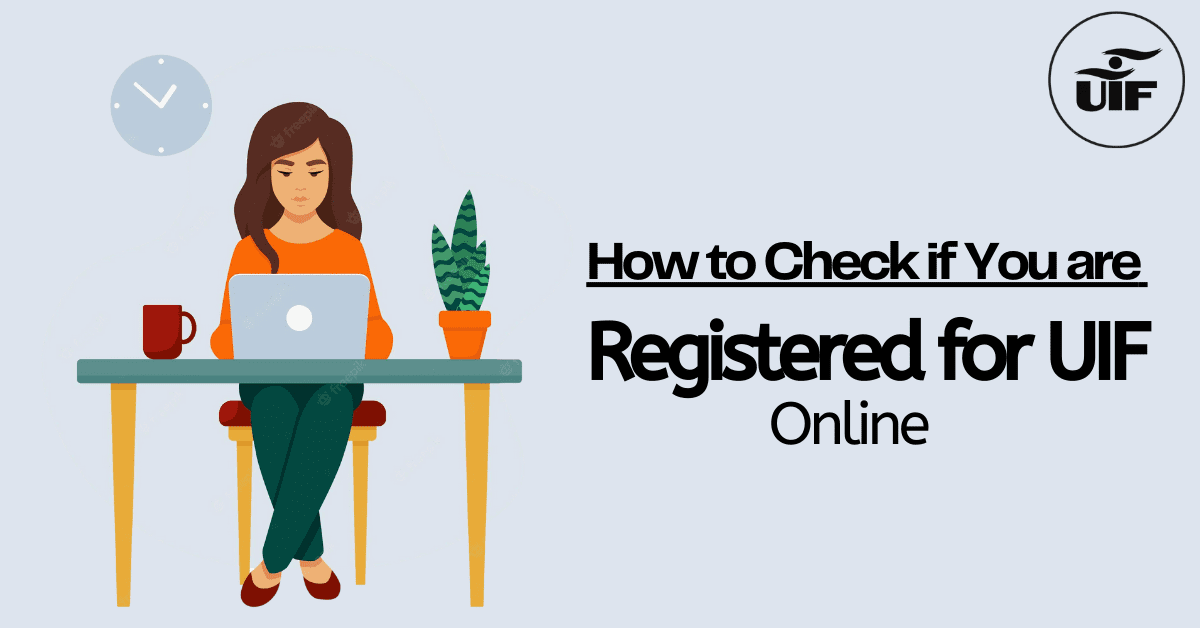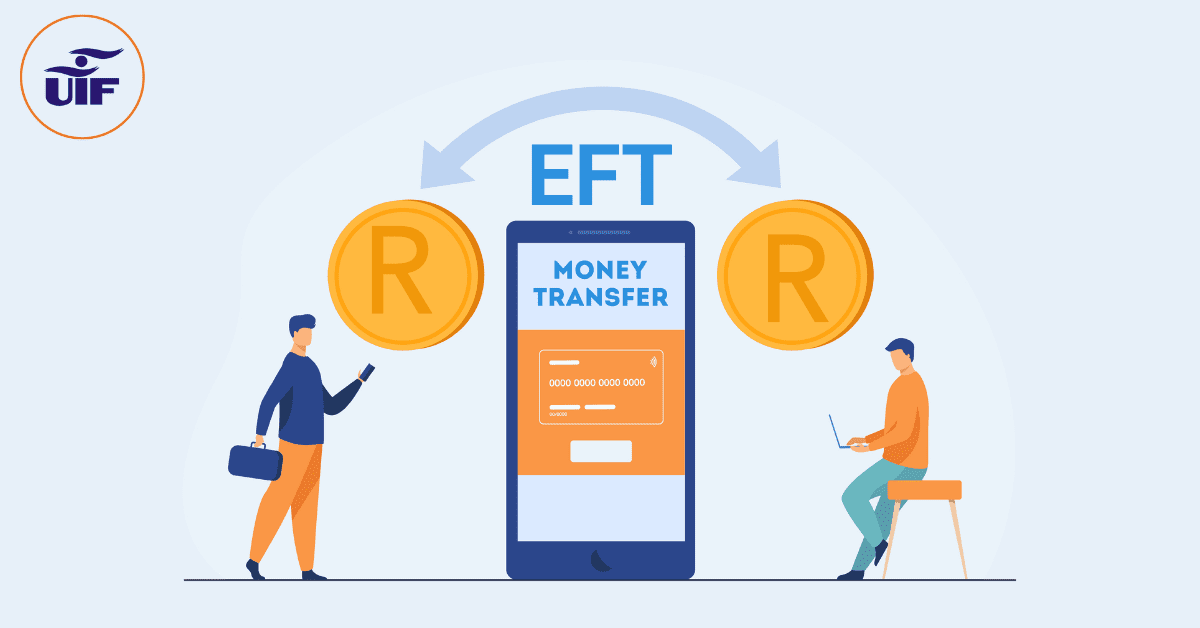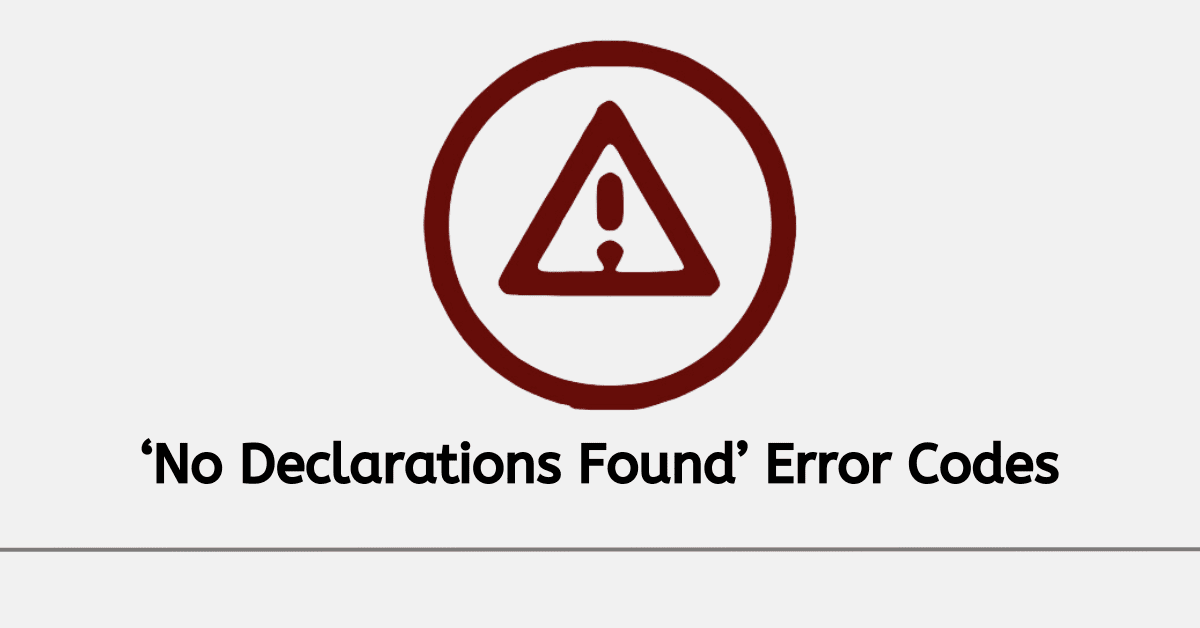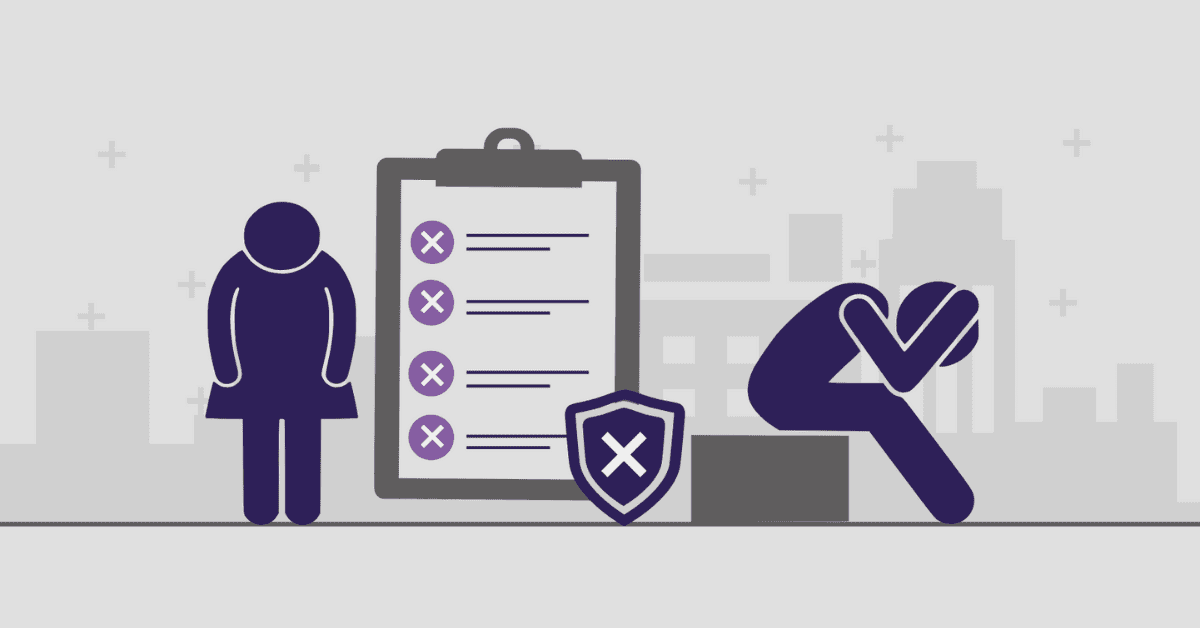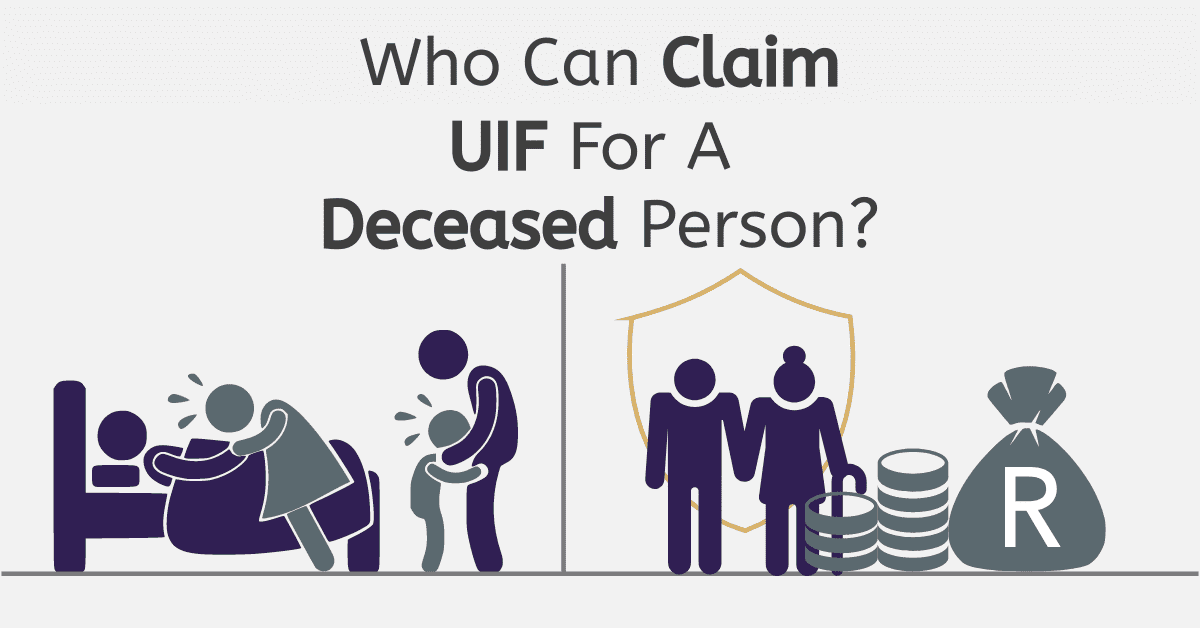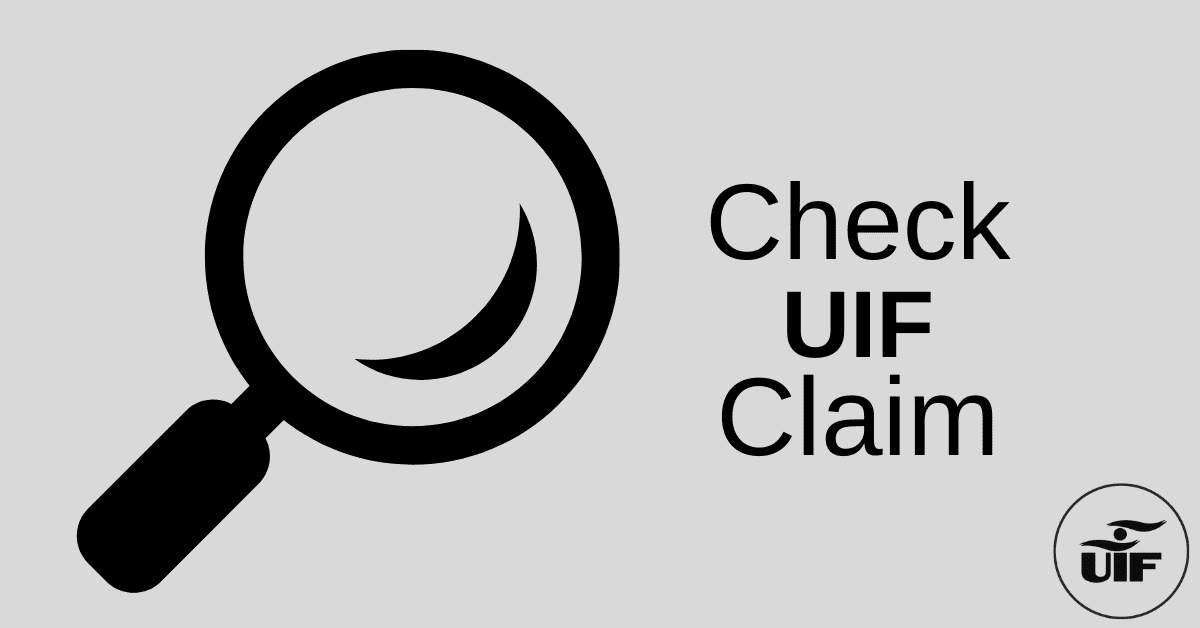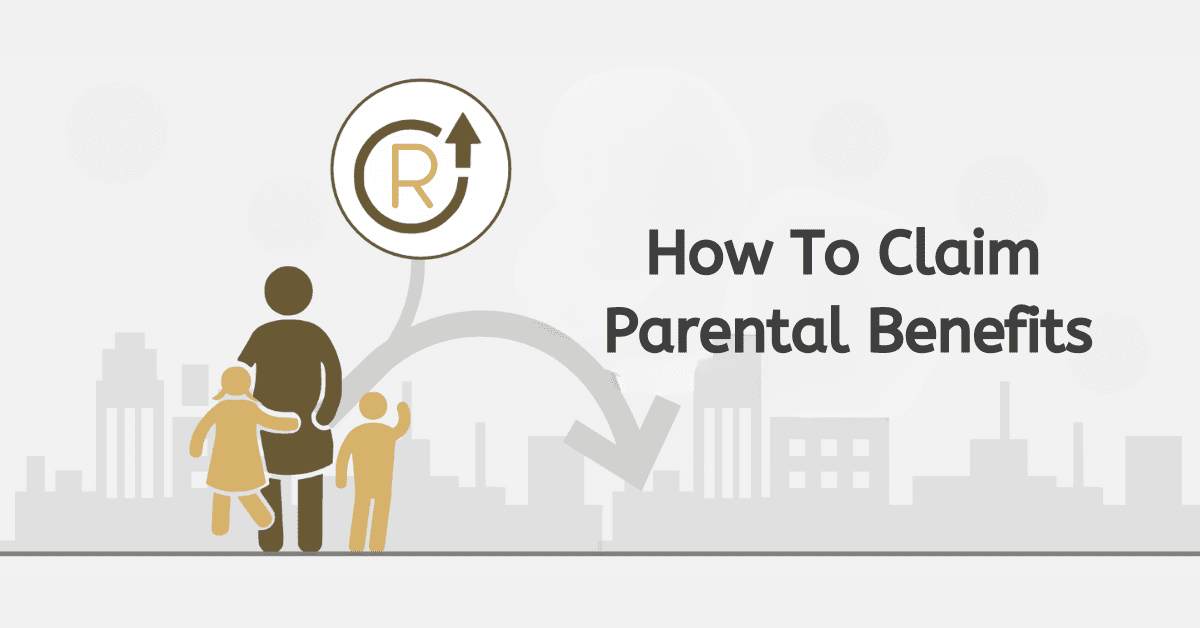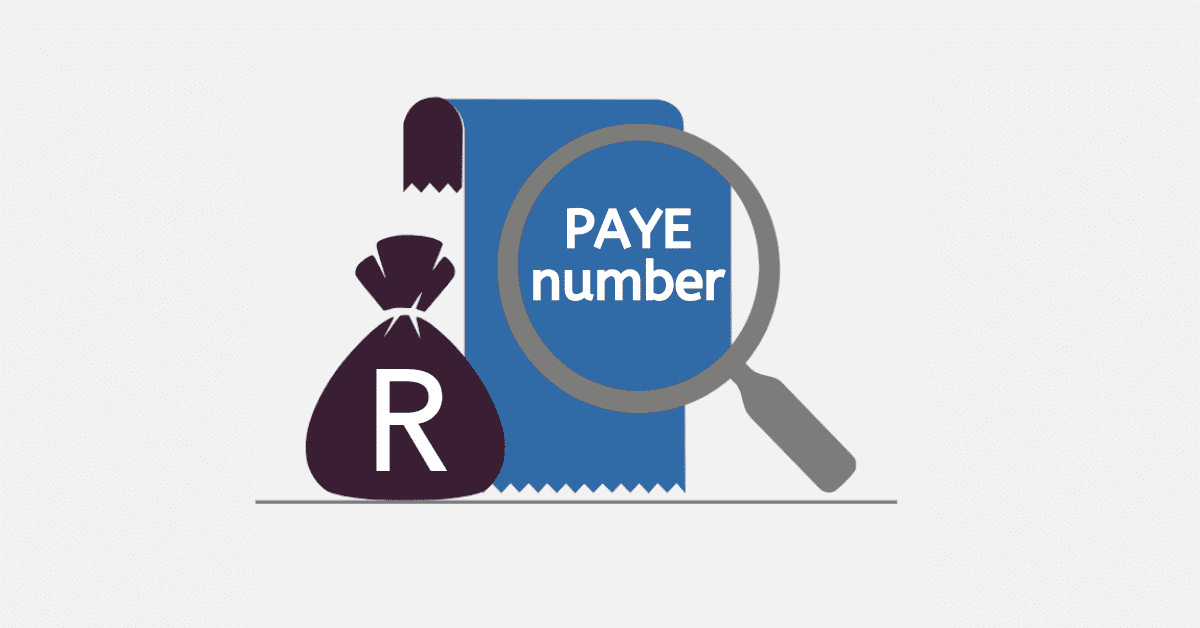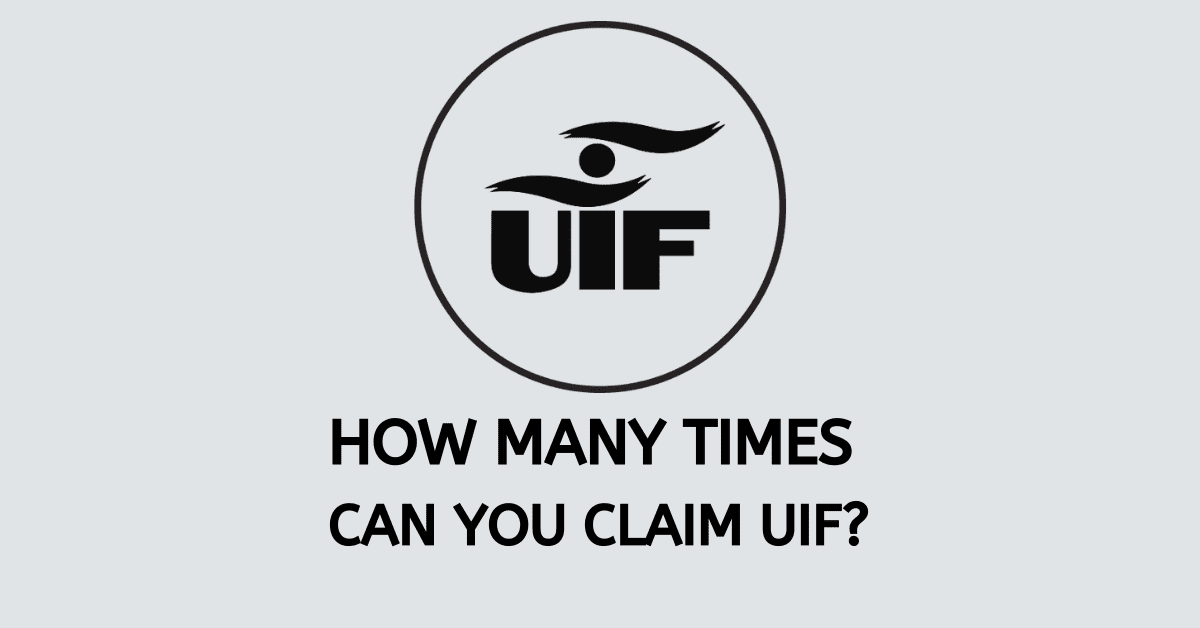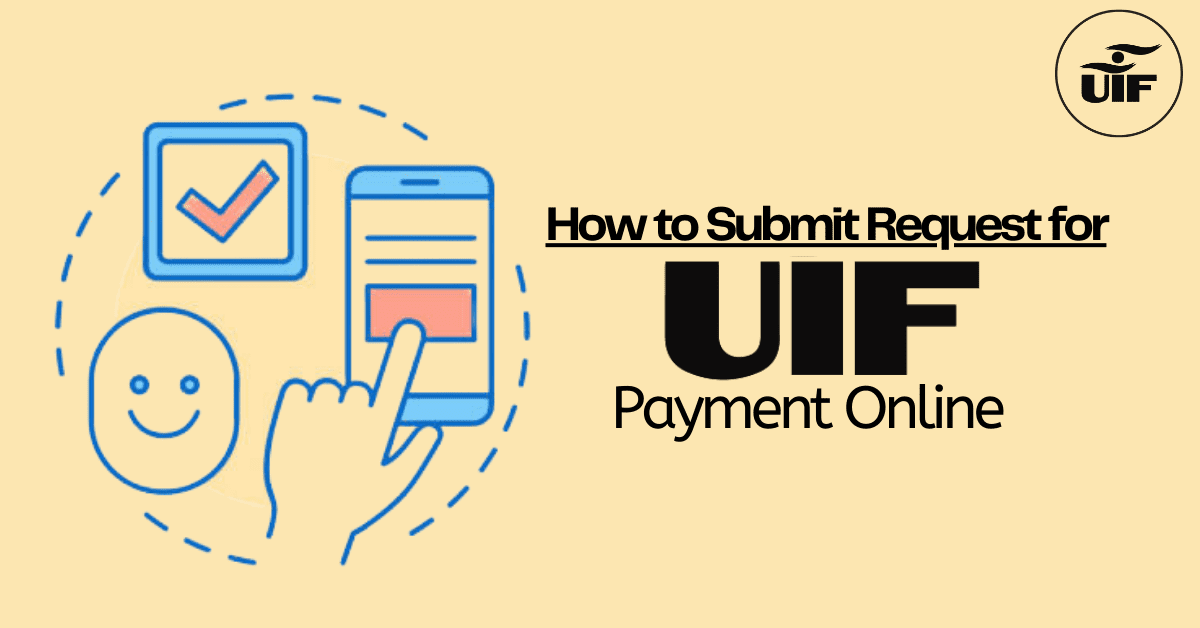If you’re working in a full-time position in South Africa, you are also likely to be paying into the Unemployment Insurance Fund, or UIF. This is a government-funded short-term initiative to help people who become unemployed through no fault of their own, who lose a household breadwinner, or who will not be paid through their maternity leave time. While many of us are familiar with the UIF in broad strokes, the intricacies of claims and the money you’re paying over can be confusing. Today we’re clearing up some of the most common questions about your UIF monies and when you can claim them.
Does UIF Money Expire If Not Claimed?
Unclaimed UIF benefits technically do not expire. We mean this in the sense that your UIF benefits remain available for you to claim (in eligible circumstances) even if you have not done so immediately. You have up to 6 months (for most types of UIF claim) in order to lodge the claim, and they will usually backdate the payments you receive, too.
However, if there are valid reasons for not submitting the claim within this timeframe, such as hospitalization, death, or an inability to claim due to circumstances beyond your control, the claim may still be considered. It’s still better to claim within the 6-month limit if at all possible, however.
With that said, don’t expect to get a lump sum from the UIF at some point because you didn’t claim! Remember it is there to act as a buffer to help people who become unemployed through no fault of their own, or through issues like death and maternity leave. If you never need to use the UIF benefits you have accumulated, they will stay with the fund, not be paid over to you- just as with ‘normal’ insurance.
Additionally, your eligibility to claim from the UIF can change over your lifetime. Once you stop paying into the fund (if, say, you swap from full-time employment to a contract position), you also lose eligibility to claim from it. Even if you have paid over the years previous to that. Again, the accumulated money will stay with the fund.
What Happens If You Didn’t Claim UIF?
If you have an event which makes you eligible to claim UIF and you didn’t claim it immediately or within the 6-month timeframe, several things might happen:
- If you don’t claim immediately, but are still within the 6-month time limit, you are most likely to receive a delayed payment that will be backdated to the time you left employment. It’s possible this may happen if you claim outside the 6-month limit, too, but they are more likely to decline the claim.
- If this happens, be aware that they will only backdate up to 4 months prior to the claim, so you may lose some of your benefit money or only be able to claim for a shortened period. Don’t forget that UIF isn’t indefinite- it only pays out for a specific amount of time.
- If you have extenuating circumstances to justify claiming late, the UIF may verify and investigate your specific circumstances and make a decision from there.
- They may deny the claim completely- but it is always worth trying (and appealing) instead of assuming this.
If you know you are making a late claim, it’s smart to directly approach the UIF through their call center or email channels and discuss your specific situation with them for more tailored advice. In some circumstances, it might be smart to chat to a social worker or employment lawyer, too.
How Long Is The UIF Claim Valid For?
The validity period for a UIF claim depends on the specific type of benefit being claimed.
- For unemployment claims, you should submit a claim within 6 months of your last working day.
- If you are unable to work due to illness, the same 6 month period applies. Remember you will need medical proof.
- For maternity UIF benefits, the claim must be submitted within six months from the date of your child’s birth.
- If you are adopting a child, the UIF claim should again be submitted within six months from the date of adoption.
Once a claim is submitted, you will receive UIF for the following periods:
- Unemployment: Up to a year, although it will terminate once you begin working even if you are within the year period.
- Illness: Benefits can be received for up to 238 days.
- Maternity: Up to 4 months of benefits.
- Adoption: Up to one year of benefits.
Do remember that the specific period of time you can receive UIF is affected by your ‘credit days’. You need to have paid into the UIF fund for 4 consecutive years to claim these full benefit periods. Otherwise, you will only receive them for a partial time.
What Are The Penalties For Late UIF Registration?
As an employee, there are no penalties associated with the failure to pay over UIF money. Remember many working people in South Africa aren’t even eligible for UIF (think of contract, freelance, and part-time workers). However, you cannot claim from the fund if they haven’t received payments from you.
In South Africa, the employer is responsible for withholding the UIF dues (1% from your salary and an additional 1% they must pay on your behalf and not deduct from you). It is frighteningly common for employees to find out their employer has been deducting UIF from them but not paying it over to the fund. Unfortunately, you will need to resolve this with the company before you can make your UIF claim- but be aware that their actions are very illegal, and you can take them to the CCMA or pursue legal action if they don’t correct the issue. It’s worth being on top of this matter before you need to claim, as it can drastically impact your claim processing time when you need it most.
Hopefully you now feel much more secure about when and how UIF can be claimed.

